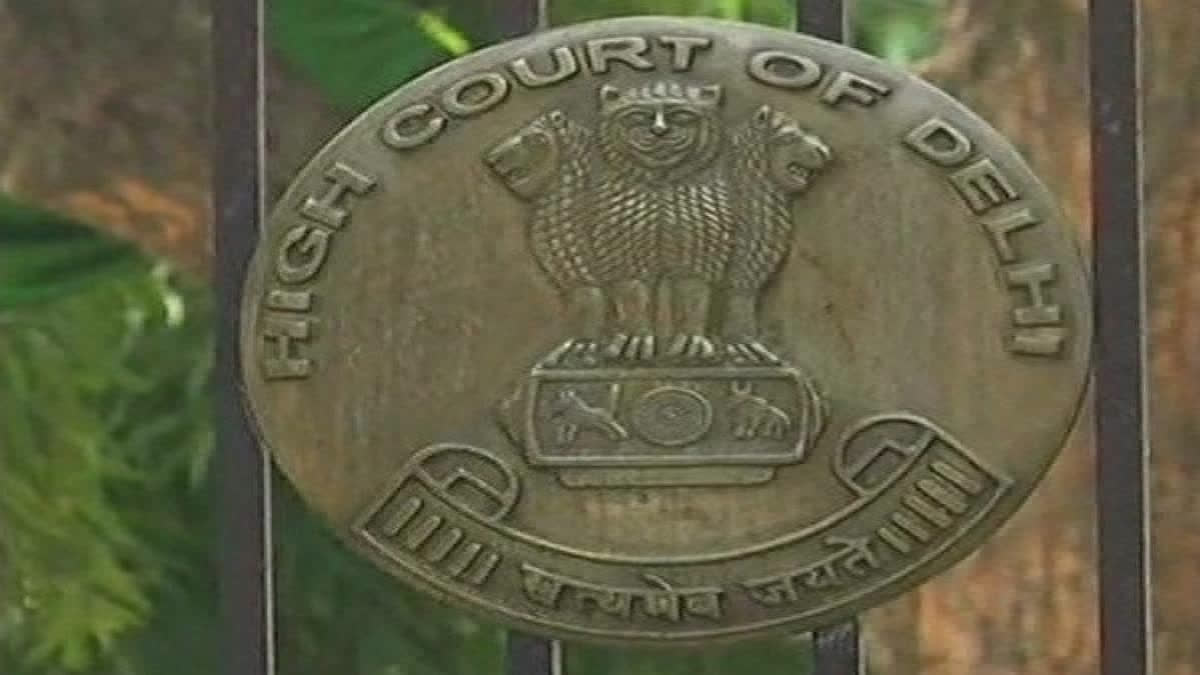New Delhi: An e-commerce platform cannot become a haven for infringers of intellectual property and have such a system which provides an avenue to counterfeiters, the Delhi High Court has said. The court observed that e-commerce websites are commercial ventures and are inherently profit oriented, which is not objectionable, but they have to protect intellectual property rights of others.
"An e-commerce platform cannot become a haven for infringers. Men are not angels. Where easy money is visible, the conscience at times takes a nap," said Justice C Hari Shankar in a recent order. "E-commerce websites are commercial ventures, and are inherently profit oriented. There is, of course, nothing objectionable in this; but, while ensuring their highest returns, such websites have also to sedulously protect intellectual property rights of others. They cannot, with a view to further their financial gains, put in place a protocol by which infringers and counterfeiters are provided an avenue to infringe and counterfeit. Any such protocol has to meet with firm judicial disapproval," the judge stated.
The court's observations came while dealing with a lawsuit by sportswear brand Puma SE which alleged that e-commerce platform Indiamart was being used by various sellers to peddle its counterfeit goods. The platform submitted that it was not the originator of the information relating to the goods put up for sale on its website as it was merely a space-provider and would be willing to take down any listing put up by a counterfeiter when it is brought to its notice.
In its interim order, the court observed that counterfeiting is a well-known commercial evil, even in the virtual world, and e-commerce platforms are statutorily required to make reasonable efforts to ensure that infringing content is not posted on its website and the platform is not used for selling counterfeit goods.
